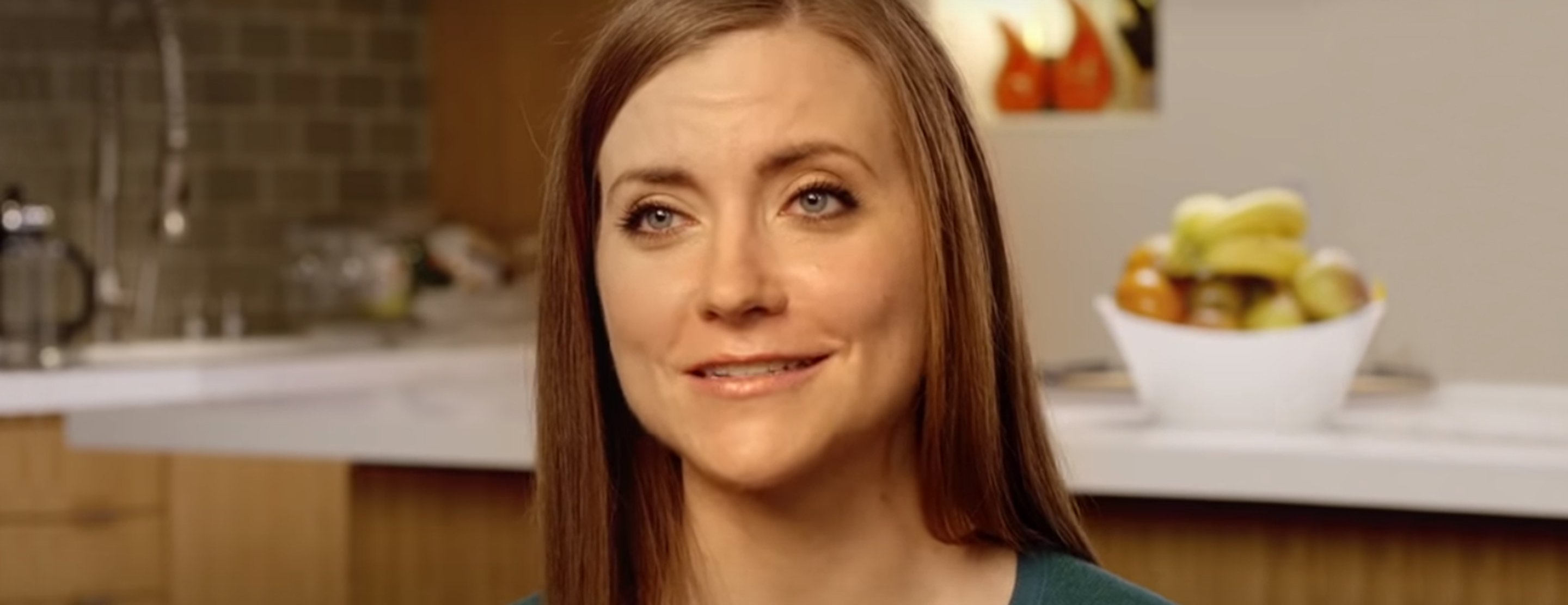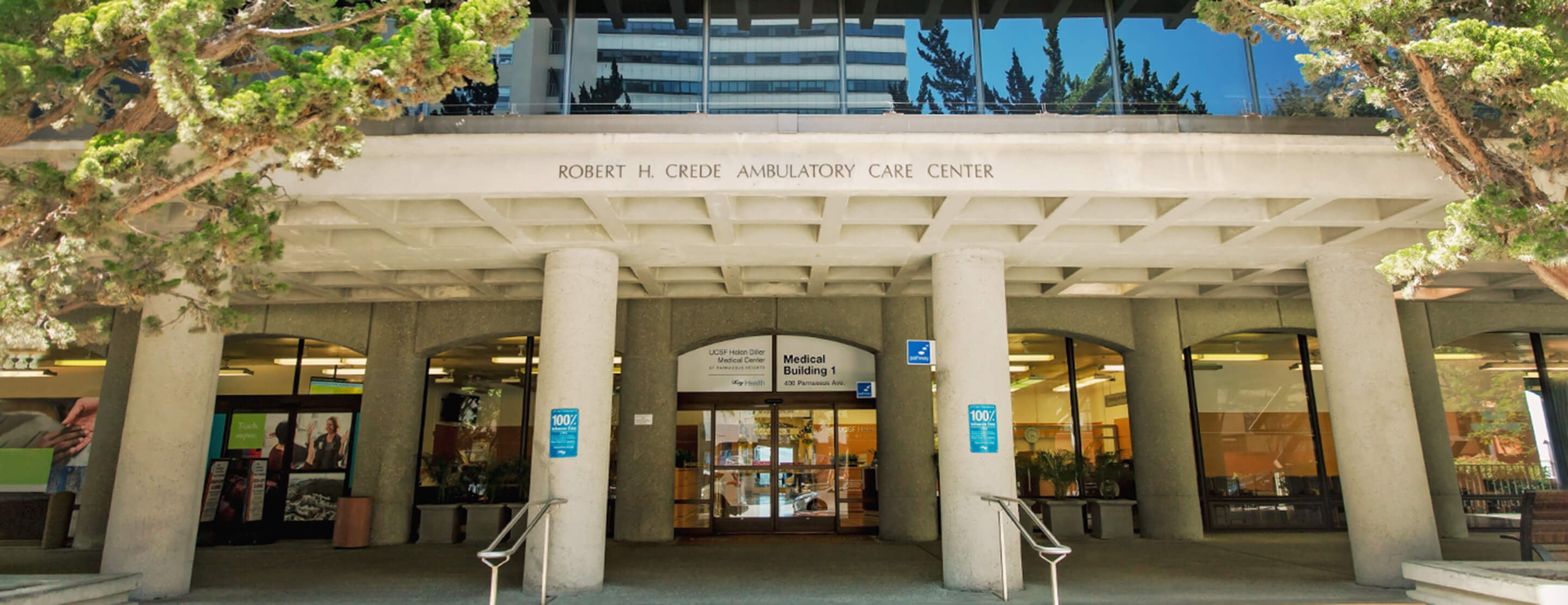Vanessa Ross was an aspiring young actress living in Los Angeles when she had her first seizure. For the next six years, her condition slowly destroyed her independence, her sense of control and her career. It wasn't until she was examined by doctors at UCSF that she learned what was causing her seizures.

Customized Brain Surgery Gets Actress Back on Set
How did the symptoms start?
I was having trouble keeping track of details on set. Then I noticed that I was forgetting my lines more often. I couldn't remember the names of people I had just met.
I couldn't put my finger on what it was, but I knew something wasn't right.
Describe your first seizure.
I was on a plane going to see my mom. I remember boarding and waiting for takeoff. The next thing I knew, I was being carried off on a stretcher. I was very confused. The paramedics kept asking me basic questions like "What's your birthday?" and I couldn't answer.
What did your doctors say?
That was the frustrating part. The doctors didn't know why I'd had a seizure. They did a bunch of tests, and then they told me everything was fine. But it wasn't.
A year later I had another seizure. I was driving and the seizure caused me to roll my car off the freeway. Thankfully, I didn't hurt myself or anyone else. But no one could tell me what was wrong. As the years passed, the seizures became more and more regular. I was exhausted. I didn't know what to do.
Meet Vanessa's care team
How did you find your way to UCSF?
The seizures were coming so often that I couldn't live on my own. I moved back to Northern California to live with my mom. She works in the health care industry, and she knew that UCSF was one of the best hospitals in the country for neurology. She encouraged me to make an appointment.
What did you learn at UCSF?
Going to UCSF was a turning point for me. The doctors took one look at my MRI and saw the problem. I had a hole in my skull, behind my left eye. A little nugget of brain tissue was pressing into the hole, and the pressure around the hole caused "sparks" that triggered my seizures.
I was amazed that they figured it out so quickly. The doctors at UCSF knew exactly what they were doing.
Wait, you had a hole in your skull?!
Yes! Most likely I was born with it.
What did your surgeon recommend?
My neurosurgeon, Dr. Edward Chang, said I needed brain surgery to remove the brain tissue that had grown into the hole. Unless he removed it, the pressure would continue to cause seizures, and they might get worse. He told me I could end up with a serious mental disability.
The prospect of brain damage was terrifying. Luckily, Dr. Chang was very caring. He calmed me down and made me understand the pros and cons of the surgery. It helped that I had tremendous faith in him and in UCSF. Already, the experts there had found the problem when no one else could see it.
I also knew Dr. Chang did a lot of brain surgeries, so he must know what he was doing! Besides being very smart, he was very compassionate, which helped a lot.
Describe your treatment experience.
While I was going through various tests and procedures, the seizures were getting more and more frequent. I was having seizures every week. They always came in pairs, so after the first one, I'd brace for the second. My UCSF doctors helped me figure out how to prevent the second seizure. That was huge. With their help, I reduced the number of seizures I was having by 50 percent, even before the surgery!
During my hospital stay everyone was so nice and attentive. I was really nervous going into the operation because there was a chance it wouldn't go well, but I felt like I was in good hands.
As an actress, you were concerned about how brain surgery would affect your appearance. How did your doctors respond to your concerns?
For the surgery, they usually shave half your head. I was freaked out about that – my appearance is important for my job. The doctors worked hard to shave the minimum amount of hair. They also figured out how to minimize the scarring. It was great. To look at me, you'd never know I had brain surgery!
How do you feel now?
I'm doing great. I feel like I'm finally getting my life back. I've gone longer without a seizure than I have in four years. I'm working again and beginning to exercise like I used to. My friends have noticed that I'm talking faster and able to respond more quickly to questions.
But it's slow going. I need to relearn some basic things like how to drive and how to balance a checkbook. It's like being 16 again! As soon as I pass my driver's test I'm moving back to Los Angeles, and I hope to pick up where I left off.









